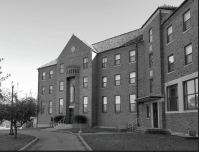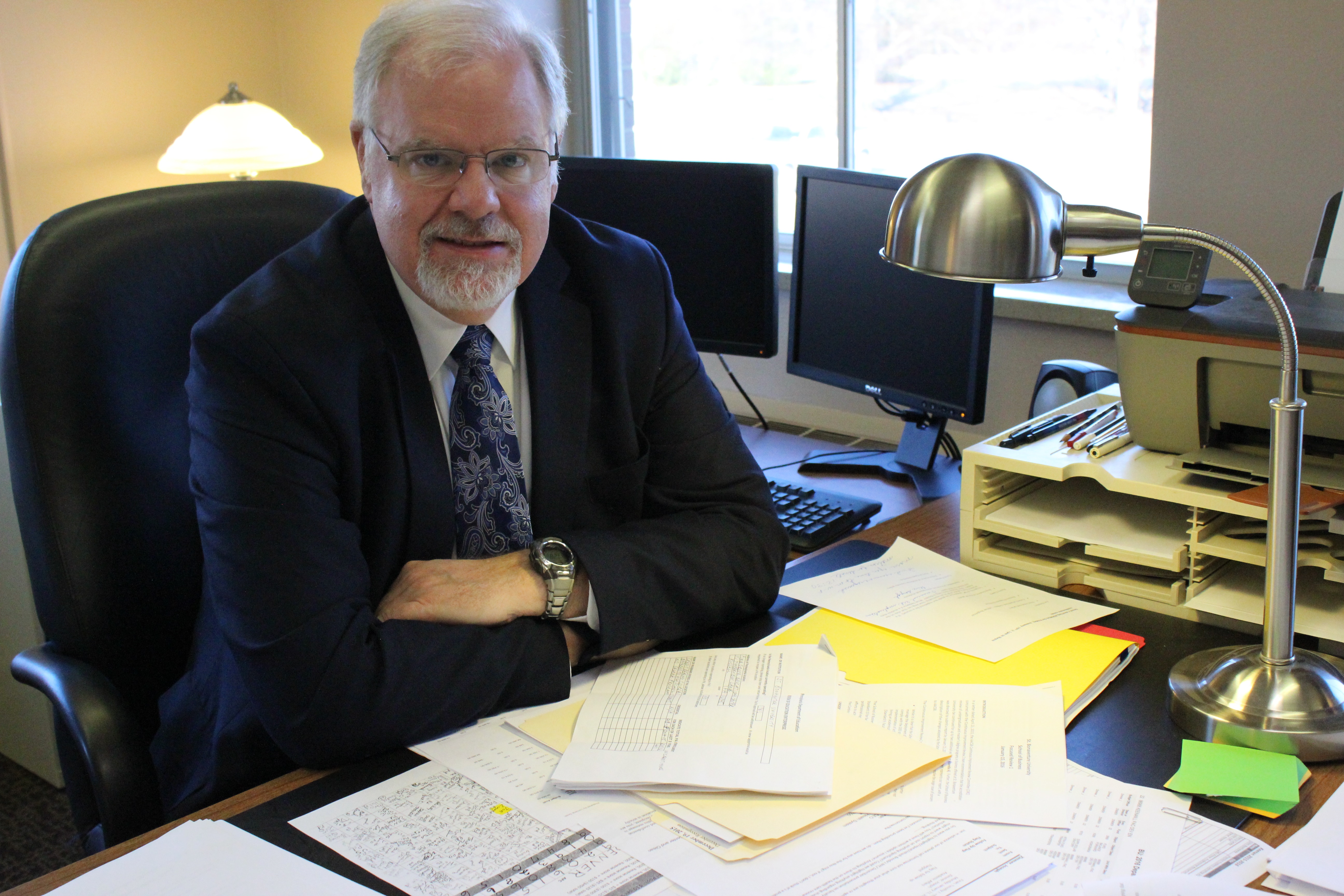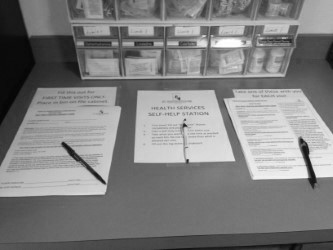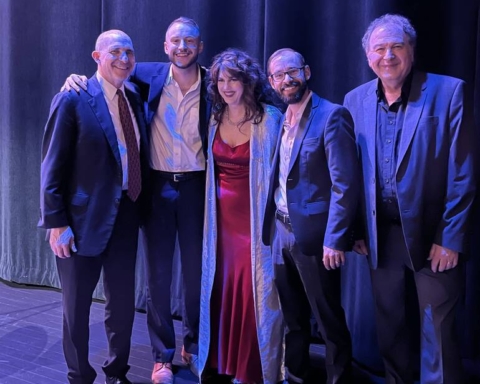By: Kailyn Jennings
Staff Writer
Peter Orris said he’s seen inequalities in healthcare since his high school years.
In his talk titled “Beyond the Affordable Care Act: Lessons from Other Countries,” he said these inequalities included segregation in high schools and physicians in the American Medical Association who wouldn’t treat black people.
His medical studies led him to understand the specific health care problems and how to initiate the changes he thought should be made. Orris participated in the Civil Rights Movement in high school and college.
He gave his speech on Sept. 17 in the William F. Walsh Science Center.
Orris is a professor of environmental and occupational health sciences at the University of Illinois at Chicago (UIC), as well as a professor and chief of occupational and environmental medicine at the UIC Hospital and Health Sciences System.
He is also a senior attending physician at the Stroger Hospital of Cook County, and he serves on the National Physicians Alliance Advisory Board.
Orris’ parents introduced him to the healthcare profession at a young age. His father was a doctor, and his mother told him to go into a prosperous field.
“She was not necessarily more pro medicine than pro plumbing,” Orris said. “But [healthcare] was an area that you could work in helping people. It was a platform, if you will, to speak about improving people’s lives within the social context as a whole, and it was a skill you could take anywhere in the world that would be helpful and critical often.”
Orris said the challenge was worth the reward.
“It was clearly an intellectual challenge to do good medicine,” he said. “And it was the interface between the science and human beings that was the most interesting part.”
Globally speaking, Orris said people need to attack the social determinants of disease.
“That’s within the understanding that unless we solve climate change, everything else will be irrelevant,” Orris said. “We both have to mitigate the changes in the climate through significantly reducing our fossil fuel use, and as health care providers, we must work hard on adapting to emerging problems within climate change–changing patterns of disease, extreme weather events, quickly rising ocean levels–with that understanding, the question of disparities on wellness and people’s health is the largest priority.”
In the United States, Orris said he would like to see a comprehensive, universal health care system based on governmental controls that will necessitate a single-payer health care association.
Orris added that he advocates for a true social insurance system that covers everyone.
“We tail behind the rest of the world in this,” Orris said. “And it’s reflected in our health statistics and health status that is significantly worse than comparable countries, despite our progress in high-tech medicine.”
Orris said that health should be an important issue for Franciscans especially.
“I think the Franciscan teachings truly believe in medicine as a calling, as people going into medicine being dedicated to improving the health of their own patients, health of a society as a whole,” said Orris.
jenninkm13@bonaventure.edu








